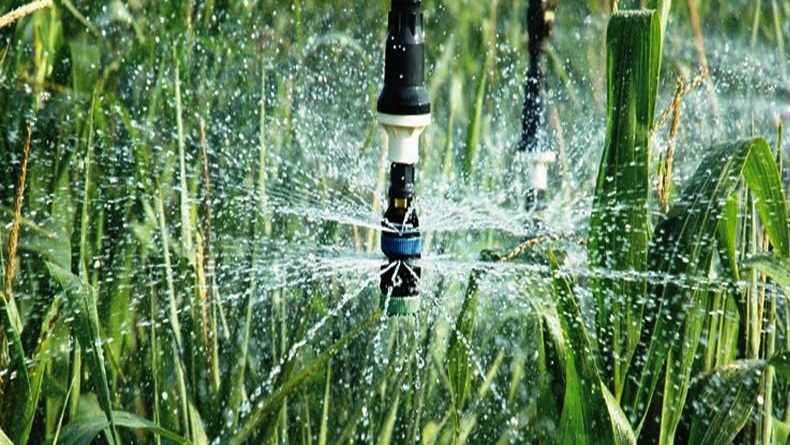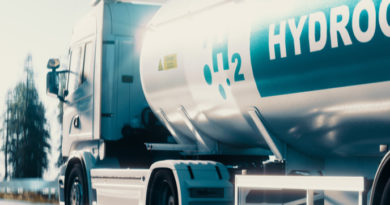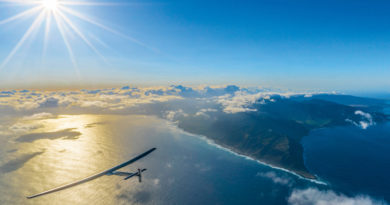
The future of water: establishing a fair equilibrium for our citizens
Water is the most important resource which allows life to exist on this planet and which determined the development of human society.
Also, water plays an essential role in many aspects of life, from energy production and ensuring food to health and recreation.
Our citizens wish, on one hand, for all these needs to be satisfied and on the other hand, to live in a safety, healthy and sustainable environment.
The major challenge which lies ahead of human society concerns the diminished accessibility to water supplies due to the population growth, water resources pollution and climate changes.
This challenge has also effects over the water sustained ecosystems, especially seas and oceans.
We must be aware that the future of water will determine the future of human kind on this planet and, therefore, we must develop, sooner or later, models for an efficient use and conservation of water resources.
In this regard, promoting water innovation is a must, including by establishing public-private partnerships, which will lead to further research in this field.
This should be done mainly by ensuring the right to water, materialised by an increased access to water supply and sewerage, with accessible costs.
This is one of the main objectives, which should be placed in the centre of water policy at global level, in order to reach the SDG (sustainable development goal) 6 established at United Nations level.
We must admit that reaching this goal requires important costs, which are not always easy to bear, especially in the rural area, and therefore alternative and innovative solutions should be promoted.
On the other hand, considering the diminished accessibility to available water resources, we must find new solutions in order to reduce the water consumption in industrial processes.
Recycling and reusing waste waters, including those discharged from households, is one of the main actions that should be considered in the future for a more efficient use of water.
Therefore, we consider the initiative of the European Commission concerning the establishment of minimum quality requirements for water reuse in agriculture as a first step to that effect.
Also, all water users will have to implement measures in order to reduce the water footprint. Especially the agriculture will have to bring more efficiency in its technological processes in order to significantly reduce the water consumption by implementing modern technologies such as drip irrigation or sub-irrigation that allows “more crop per drop”.
Is necessary to establish a correct value for water. Currently, we put more value on other resources, such as oil and gold and we do not value enough the resource which allows life to develop on Earth.
The experience showed that where an economical mechanism which takes into consideration all water uses is implemented, there is a higher concern for the water resource, both at quantitative and qualitative level.
Last but not least, we must take into consideration the education and public awareness regarding the value and fragility of water resources and also climate changes adaptation.
Without a change in attitude towards the way in which we use and protect water, the chances to successfully implement a coherent policy in order to face a future water crisis, are not very high.
In order to increase the acceptability of these policies, becomes necessary to promote public participation in decision making in the field of water management.
This awareness and participation are even more important when we consider the increased resilience at the effects of climate changes.
In the last decade, all of us noticed an amplification in extreme meteorological and hydrological events, manifested through prolonged droughts and catastrophic floods.
The known approaches towards the protection against these events are becoming obsolete by their amplitude and length, which demands finding new solutions for a better use of the environment in order to mitigate and diminish their effects.
These solutions have the advantage to protect against the negative effects of climate changes and lead to biodiversity protection and conservation.
Therefore, we must apply the provisions of EU Water Framework Directive, which promotes a more balanced approach concerning the protection of the water resources, when works for ensuring uses or protecting the population are under way.
The future of water through establishing an adequate equilibrium for the citizens represents a real challenge for the Planet equilibrium itself.
That is the reason why the efficient use of the water resources, the conservation and the water protection, all together with the protection of the aquatic ecosystems are still the most efficient measures for medium-term.
All these, together with the support for water management innovation with strong funding for the research in this field, will lead to a real equilibrium.




